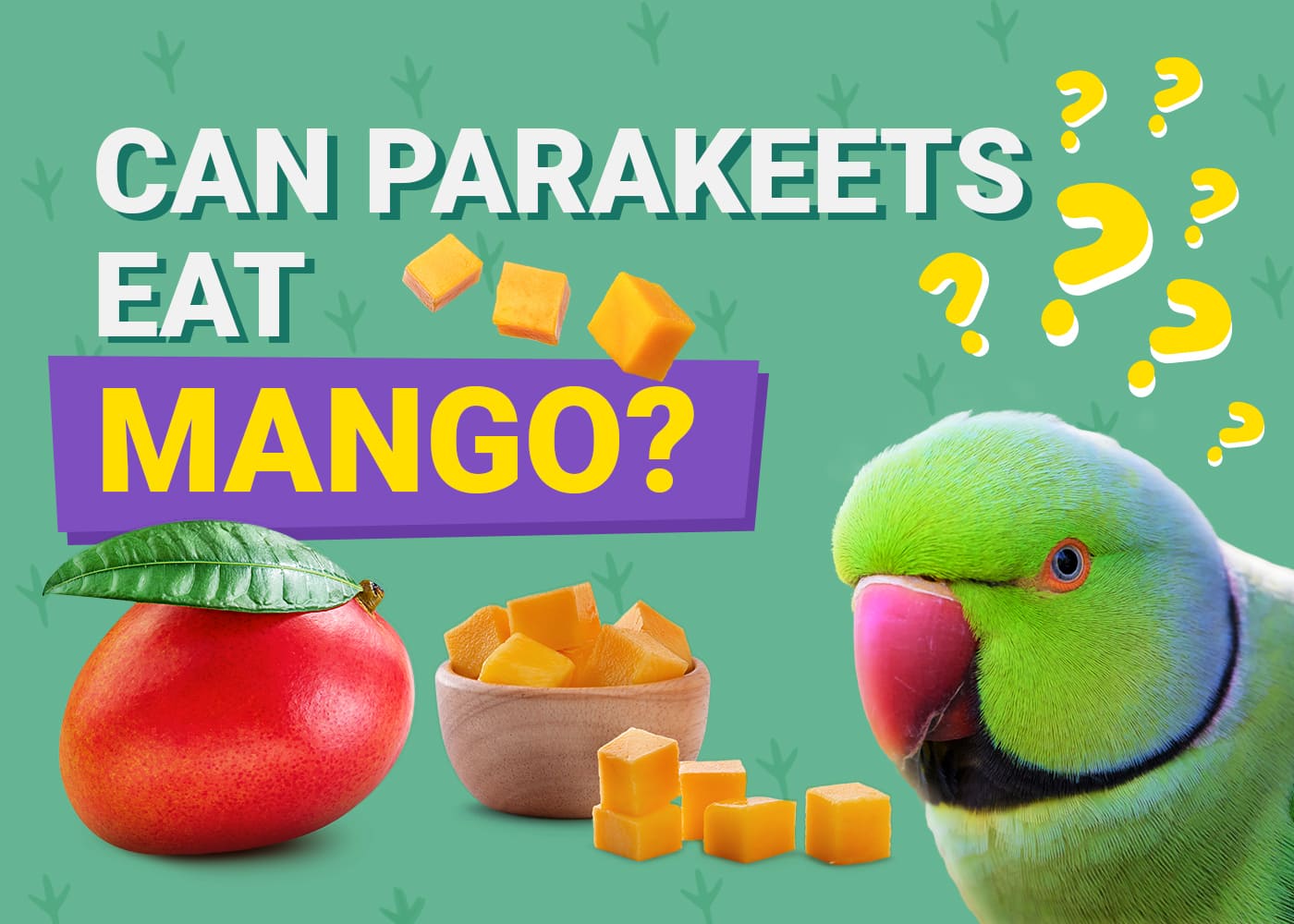
A bird’s beak is a powerful tool, and while not all pet birds bite, there is a significant difference between a playful nibble and an aggressive chomp. Birds are oral creatures. They use their beaks to chew food, climb cages, and crack open hard objects. It’s disheartening when our pets turn aggressive without knowing what is causing the behavior. Regardless, owning a bird comes with the risk that you might get bit a few times, and you should be prepared to understand why they’re doing it and learn how to handle it.
Top 6 Reasons Why Pet Birds Bite:
A bird biting you doesn’t always mean that they are trying to hurt us. Birds use their strong beaks for a variety of reasons. It is only when those bites are used for violence that you should be concerned. If you think your bird’s behavior has taken a turn for the worst, here are a few reasons why:
1. Fear
The most common reason that pet birds bite is because they’re scared. Baby birds tend to develop fear of humans if they aren’t constantly being socialized with them. If you happened to get yours as an adult, they could have an abusive history that taught them that human hands aren’t safe. Even birds that are well-socialized sometimes become frightened. It is crucial to gain your bird’s trust and let them know that they don’t have to fear you or other humans.
2. Young Bird Behavior
If you have a young bird, it’s likely that they aren’t trying to hurt you at all. Baby birds are similar to children or puppies, and they use their mouths to explore the world around them. Young birds must be taught boundaries. If you don’t have any other birds to teach them that they are biting too hard, then you have to teach them that biting can be painful.
Keep in mind that young birds use their beaks to grab onto their owners and climb onto them. If you pull your hand away too quickly, it teaches them that they must move faster and bite down harder the next time. Always move slowly and stay calm when training baby birds.
3. Control
Bird groups almost always have a pecking order. Pet birds are no different and use biting as a way to defend territories and status. Territory in the pet bird world is usually their cage or the human that they are bonded to. Some birds learn that they get what they want when they bite, whether that’s watching you yell from the pain or because they get put back in their cage after. They might also use biting to avoid things like getting their nails trimmed.
4. Breeding
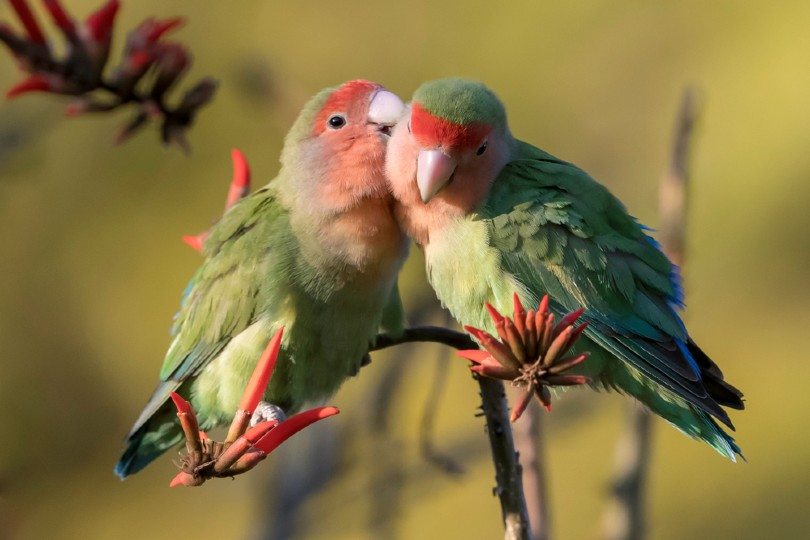
A lot of sexually mature birds become aggressive when they’re in breeding mode. They act a lot more protective of their mates and are more likely to defend their territory. The biting behavior could be a phase based on hormones.
5. Medical

Birds get sick just like we do. A pet that doesn’t feel well might bite to let you know they don’t want to be left alone. However, any changes in your bird’s behavior needs to be evaluated by a veterinarian to rule out any serious illness or disease.
6. Playing
It isn’t uncommon for birds to bite here and there during a play session. They get overexcited and don’t always mean to grasp so tightly that it hurts you. Try to pay attention to your bird’s body language and cut playtime short if they are getting overwhelmed or too riled up.
How to Stop Your Pet Bird from Biting
Put your bird’s bad behavior to a stop before it gets out of hand and becomes a habit. The last thing a bird owner wants is to turn a one-time occurrence into a lifetime of painful bites.
1. Determine the Cause
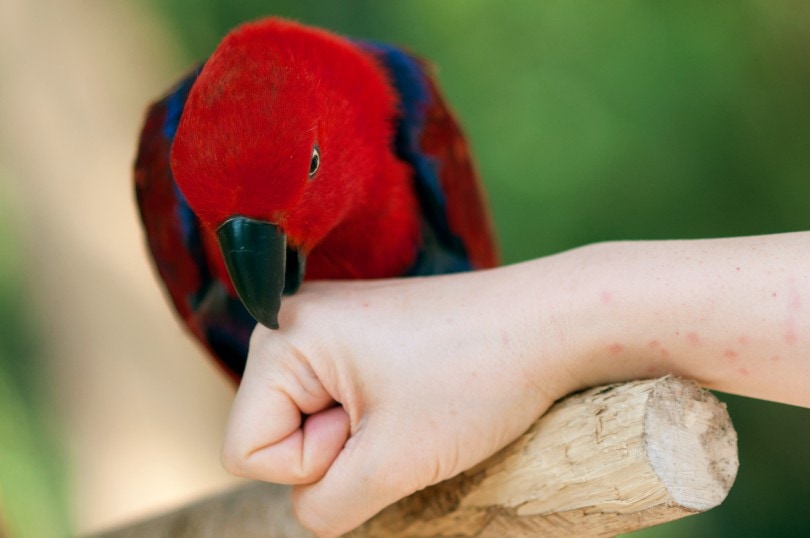
The first step in correcting a biting problem is figuring out why the behavior is happening in the first place. Start by ruling out underlying problems like an illness. Think about where it took place, when it happened, who it happened to, and what happened right before the bite. If a bird is biting, there is some sort of pay-off that they’re getting from it.
2. Create an Alternative Behavior
Make sure that all of your pet’s current needs are being met. They need proper sleep, nutrition, and mental stimulation to keep them happy. It is going to be a lot more challenging to stop the biting if they don’t have all of these needs met. Next, consider what you want them to do to replace the biting. Provide consistent positive reinforcement for the good behavior and negative reinforcement for the bad. Negative reinforcement should never be harmful. Instead, try to take away something that the bird wants when they act out.
3. Establish a Hierarchy
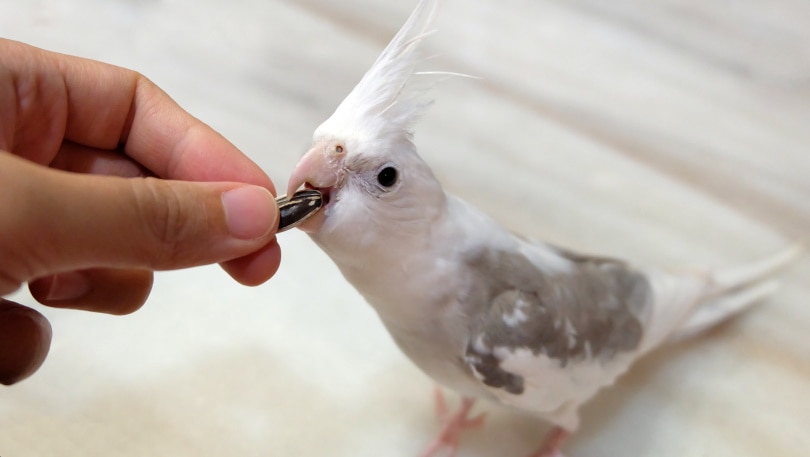
Birds are intelligent animals, and they have the ability to learn commands. This reestablished to the animals that the human has a higher rank. To start this process, teach parrots basic commands like ‘up’ and ‘down’ when they move from their perch to your hand.
4. Practice Short, Daily Sessions
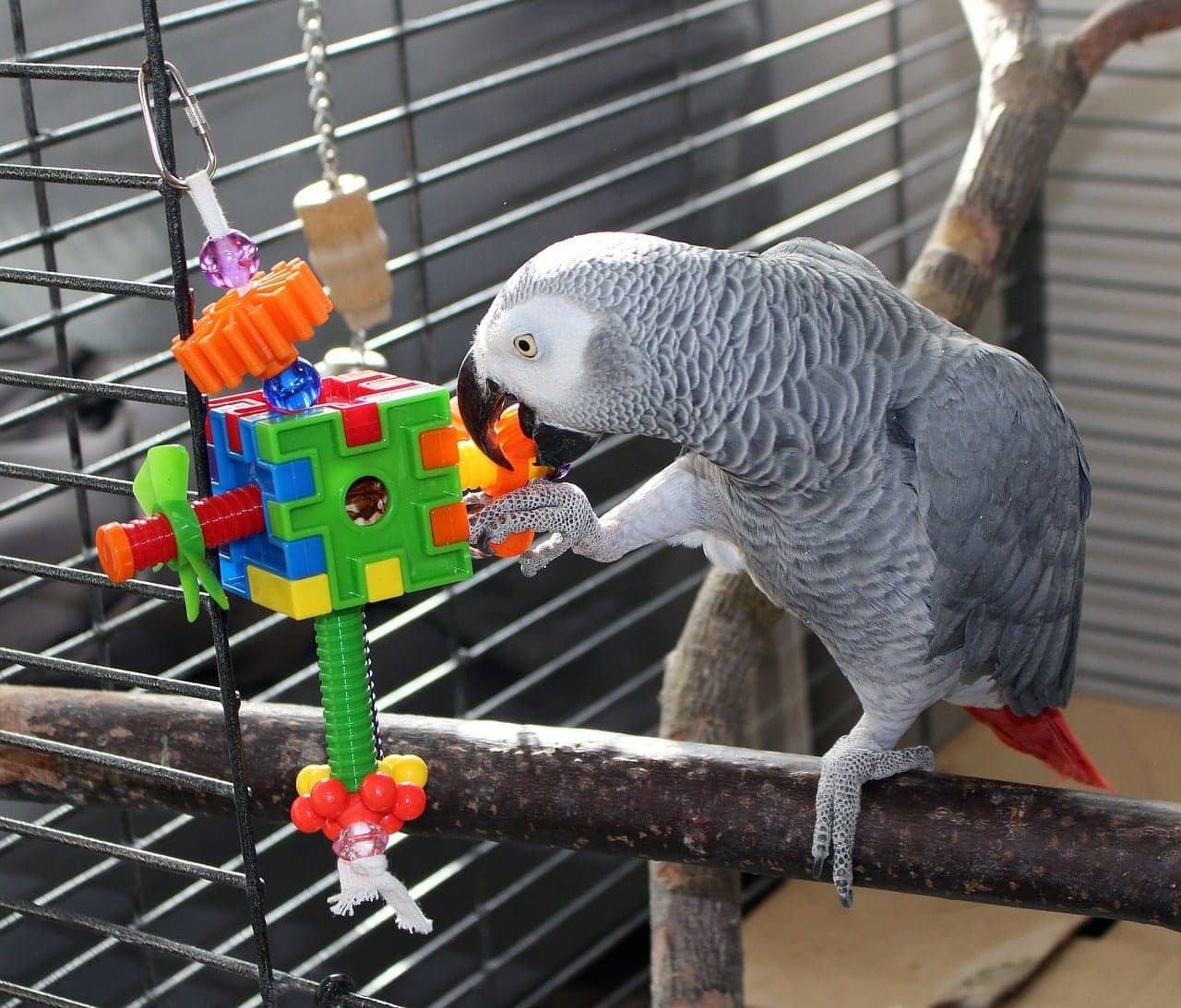
Short sessions are best when teaching birds new commands and should be done away from their usual environment if they have been biting you. This is because they are less likely to bite a human that they are comfortable with when in unfamiliar environments. Birds respond to praise and facial expressions. Lay on a lot of positive reinforcement during these training sessions. When they act out, simply tell them “No” in a normal voice. Do not yell or talk loudly because they might interpret it as squawking and enjoy it. Do not use aggression when training your pet birds.
5. Remain Persistent
Daily lessons are vital to stopping bad behavior. Pay close attention to how your pet is responding and, once they are followed, stop the training but continue to use the commands in your everyday life and environment.
6. Reprimand Immediately
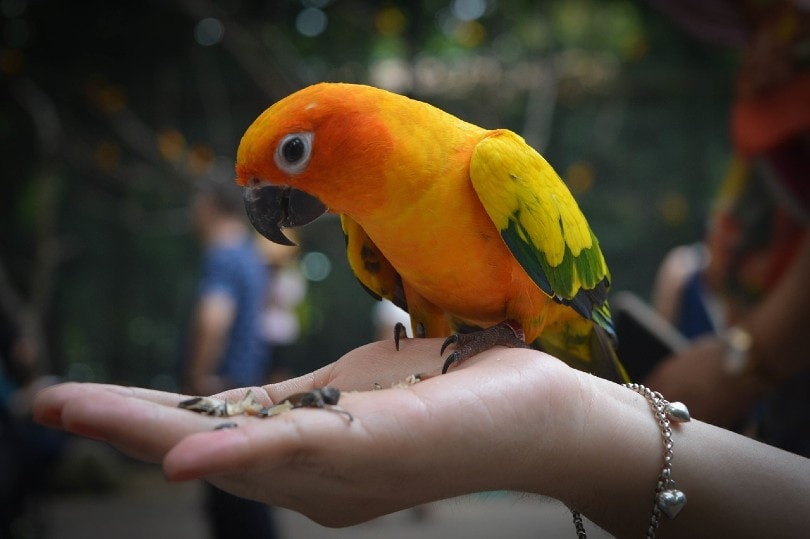
If a bite happens again, reprimand your pet immediately to be effective. Safe ways to do this are to drop your hand a short distance or rotate it to unbalance them. Do not allow your bird to fall, and do not reward them with yelling. You could also place them in their cage for a time out, but only if this isn’t what they wanted in the first place.
- You Might Be Interested In: Common Beak Problems in Birds To Look Out For
Conclusion
All birds bite at one point or another, and the key to keeping it under control is by building trust and a deep bond between the two of you. If they start biting out of nowhere, there is likely a reason for it and you have to evaluate the environment and figure out what is triggering them. Not all biting is bad, so be patient and gentle during the process and try to keep in mind that they’re only trying to communicate with you.
Featured Image Credit by: Tracy Starr, Shutterstock







